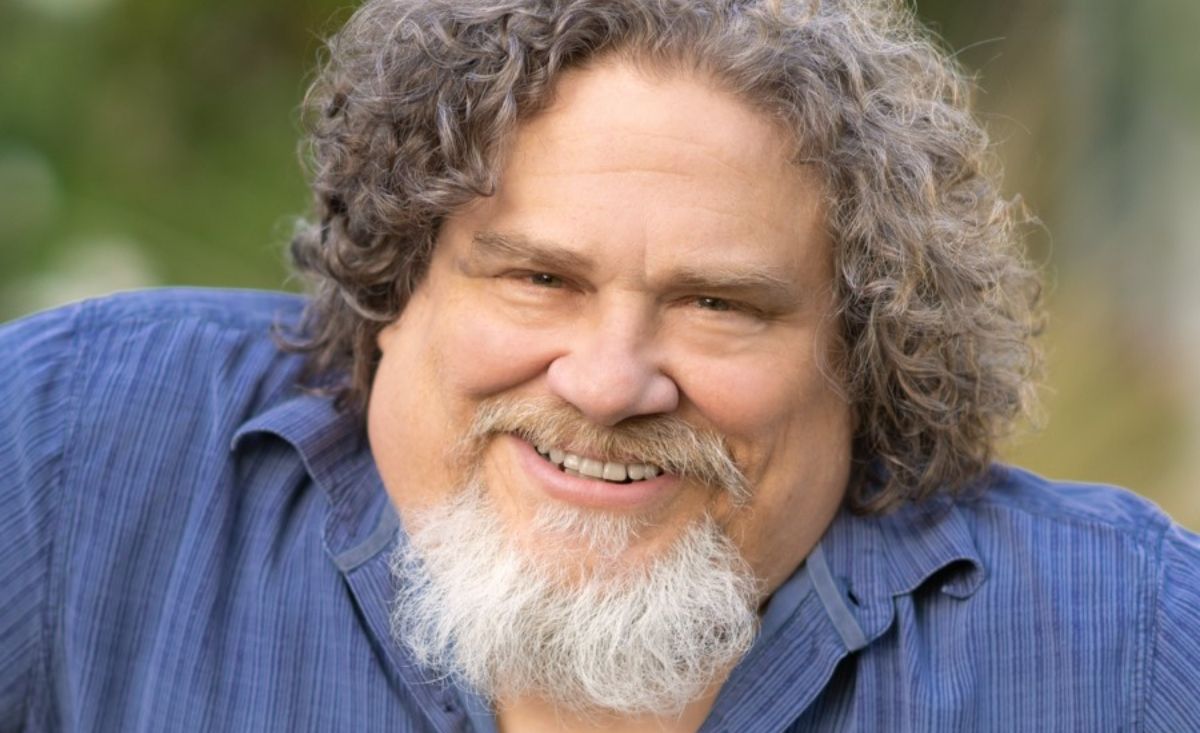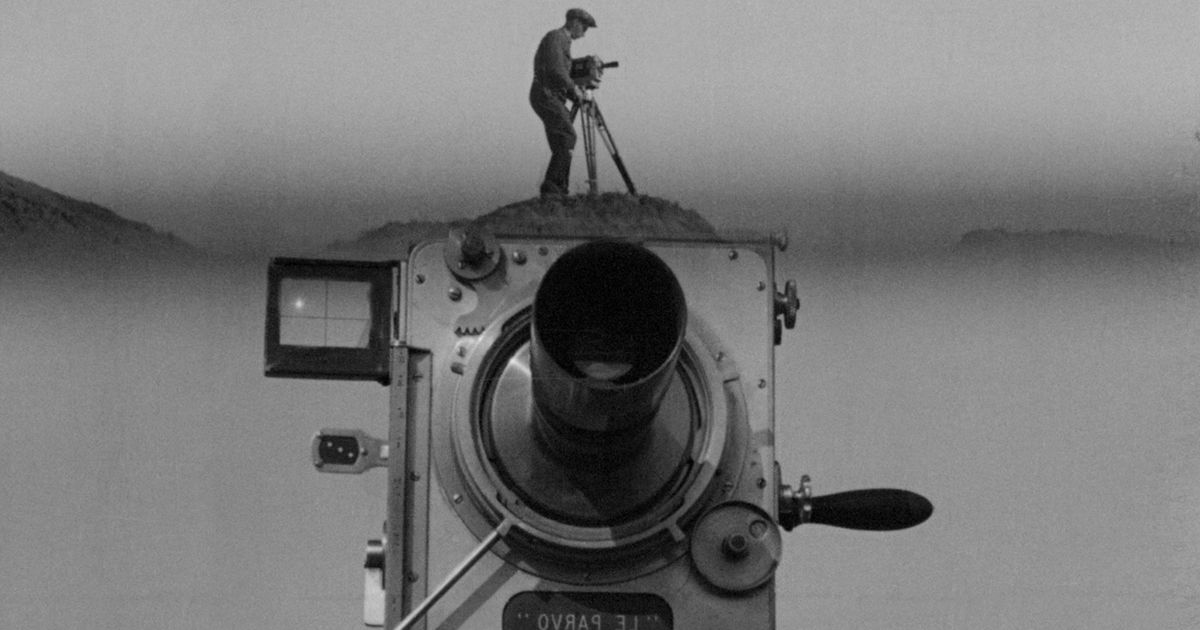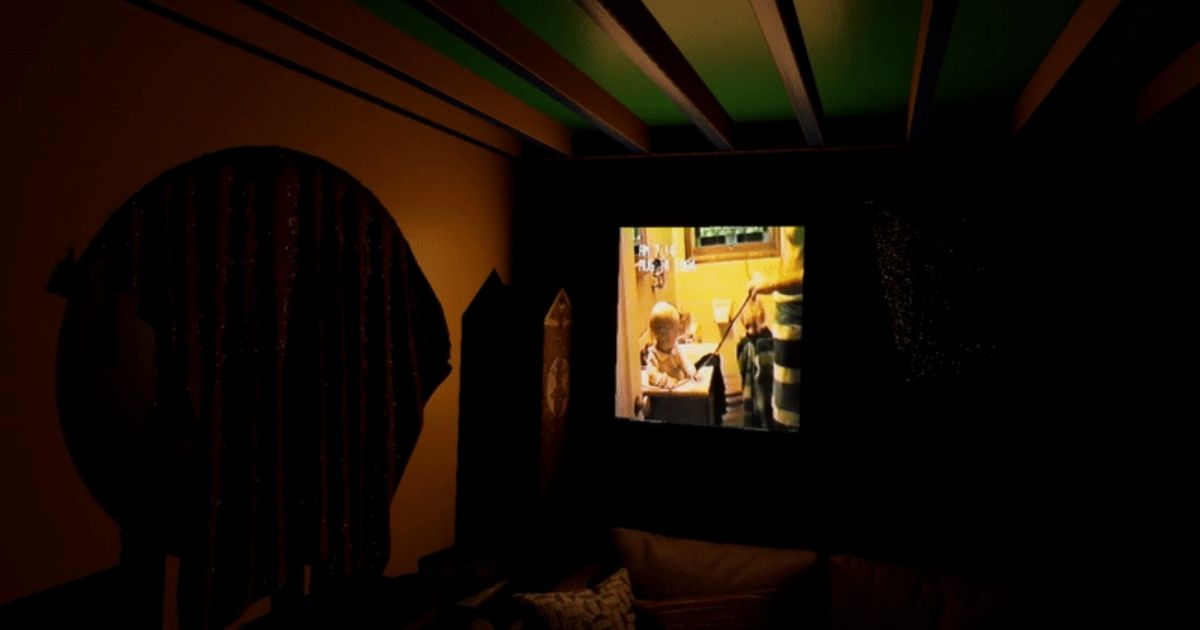The film industry is in a precarious place. It takes an exorbitant amount of money to compete with the big dogs, even if you’re best in show. AI is threatening human jobs, leading in part to the writers strike and a potential actors strike. Movie theaters have to evolve to keep up with streaming, and nothing is a sure thing anymore. There is one medium of film that exists outside much of this hubbub, and that’s the art of documentary.
While narrative films, writers, and actors are obviously integral and important, a great documentary doesn’t really depend on any of these things. It’s much more than “point and shoot,” though it doesn’t have to be. A great documentary can be bolstered by unbridled curiosity, a sense of play, righteous anger, calm patience, or poignant introspection. As long as these things exist in humanity, there will be great documentarians, regardless of industry and commerce.
And yet they need your eyes. They need you to hear their stories, and believe this — you need to hear them. The Academy of Motion Picture Arts and Sciences have put together The Art of Documentary, an incredible podcast series focused on the state of these films and the direction the medium is headed. The people behind the Academy Awards do much more than gorgeously glitzy annual celebrations of the seventh art; through their Academy Originals programming, they’ve collected an abundance of fascinating interviews with the people behind the films we love, and The Art of Documentary is the latest addition.
The Art of Documentary is hosted by Oscar-nominated filmmaker and sound designer/mixer James LeBrecht, who co-directed 2020’s Crip Camp with Nicole Newnham (The Revolutionary Optimists, They Drew Fire). LeBrecht spoke with some of the most exciting documentary filmmakers today (Danny Cohen, Bing Liu, Kirsten Johnson, Garrett Bradley, Roger Ross Williams, Chase Joynt, and Aisling Chin-Yee) for the podcast series, and he also spoke with MovieWeb about the whole thing.
James LeBrecht Teams Up with The Academy
“I was approached by some folks at the Academy,” began LeBrecht, “to see if I wanted to host the podcast around documentaries, and it’s like, ‘Yeah!’ I really worked with them in kind of how we were going to frame this. I just really wanted to dig in deeply with the people who make documentaries […] I hope that these podcasts would really kind of interest people who were thinking about maybe becoming a documentarian, or haven’t thought of it before, and they might say, ‘I want to get into film, I want to do this.'” The Art of Documentary does feel like a kind of masterclass, but not in the usual, technical way.
“I don’t think you’re going to find nearly as much information or in-depth kinds of connection with the filmmakers,” said LeBrecht, positioning The Art of Documentary as a more intimate look at the medium than you’d get elsewhere. “You’re sitting down with a fireside chat, getting together for an hour or so.” He continued:
We all developed the questions together, and I had some names that I really wanted, and they had a few people that they suggested. Your initial question, was I surprised? Absolutely. Absolutely. Because I think that people feel safe when people understand that you’ve done your homework, or that you really care about who they are as people. They’ll open up. And it’s not like we’re sitting in some fancy restaurant in some Hollywood hotel. We were on Zoom; I was at my home office.
Intimate Conversations with Incredible Directors
The intimacy and organic nature of the conversations is almost akin to fly-on-the-wall documentaries themselves, and in a sense, LeBrecht and the Academy are the documentarians. One of the many crucial attributes some documentary filmmakers need to possess is the ability to ask questions in a curious and sometimes probing way, but with the compassionate recognition of someone else’s humanity. LeBrecht has that skill, and it’s on full display throughout his interviews in The Art of Documentary.
“Let me tell you one thing that I think was a key to the documentary podcast,” explained LeBrecht. “You know what a spotting session is, right? Where you’re finally getting together with your editors and the filmmakers, and you’re gonna go through the whole film, you’re going to start at the beginning and talk about things. I always started my spotting sessions by asking, ‘Why did you make this film?’ And intrinsically, there is something there that you will always learn […] In essence that’s what I’ve been doing in all of these podcasts, which was asking, ‘Who are you? What led you to documentary film? Why do you make the films that you do make?'”
LeBrecht is kind, a little playful, intelligent, but a great listener, and his line of approach leads to some incredible conversations and revelations. The notion of ‘surprise’ keeps returning, because a great conversation is like documentary filmmaking — with patience, curiosity, and immense listening, things will develop that you never would’ve expected, and you’ll learn more about someone else, and possibly even yourself. While every episode of the podcast contains this evolution of surprise, LeBrecht highlights the Kirsten Johnson episode as an example.
We went to places I could not imagine. She kind of turned the tables on me at one point, because we’re talking about [her film] Dick Johnson Is Dead, and she says, “Well, when you think of your death, what do you think?” Eventually she kept pressing me for an answer, and I just told her, it’s actually a really funny story […] about my mom kind of sending me into existential angst one night when I was really young.
You’ll have to wait for that episode, which airs June 7th, to hear what LeBrecht and Johnson have to say. It does not disappoint.
The Future of Documentary Film
One thing which becomes apparent throughout The Art of Documentary is that the medium is growing and expanding in unexpected directions, evolving far past its foundational canon of Flaherty, Kopple, Wiseman, and the Maysles. “Certainly documentary has really evolved over the years, from where it used to be extremely kind of vérité fly-on-the-wall,” said LeBrecht. “We’ve seen incredible filmmakers just expand and keep on expanding the language of documentary.”
“Just looking at the trajectory of the creativity that I’ve seen come across my desk, my mixing desk, and with the films that I watch, I don’t think there’s any reason to assume that the art form itself won’t continue to evolve,” continued LeBrecht. “I certainly can’t give you a prediction of what that looks like, but I know that the adoption of animation in a number of documentaries has been really visceral, really remarkable. And that VR, I think, is going to become another medium. I believe I’ve experienced that already.” He explained:
My friend Jason Hanasik, who made How to Make a Pearl […] He’s working on a feature length version of this, and had an installation in LA, and there was a whole VR component. So the whole story is about this guy, John, who lives in the dark because he has a disability where he has a great light sensitivity. But I get to go into his apartment, and I’m fully in control there. I can shed light on any part of his apartment. I could go upstairs, which physically I would not be able to do because I use a wheelchair. It is far from a gimmick, my friend. It is really an incredible language of interactive documentary. I’m really excited about that.
Virtual reality would be an interesting transformation in documentary filmmaking, especially because it would bring people into it and involve them (quite literally). For LeBrecht, documentaries are doing just fine; there are a ton of brilliant filmmakers like the ones he spoke with for The Art of Documentary.
So much is waiting for you. Hopefully, this podcast will engender some of the curiosity and interest required for people to seek out great documentaries, and may even inspire the next generation of Oscar-nominated documentary filmmakers. The Art of Documentary will release new episodes of its podcast series each Wednesday morning until June 21st, 2023, and can be found here on Spotify or wherever you get your podcasts.
Stay connected with us on social media platform for instant update click here to join our Twitter, & Facebook
We are now on Telegram. Click here to join our channel (@TechiUpdate) and stay updated with the latest Technology headlines.
For all the latest Education News Click Here



